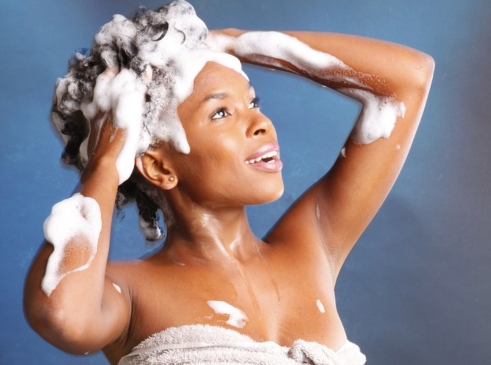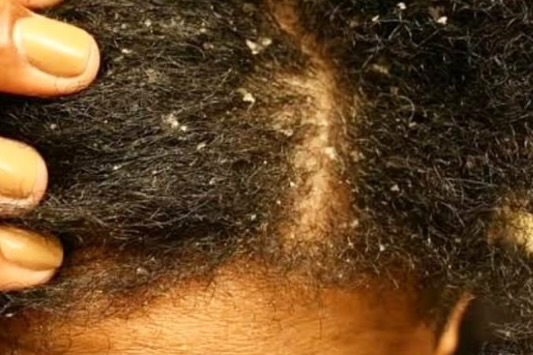Washing your hair is essential for keeping it clean and healthy, but there is such a thing as too much washing.
Overwashing strips the scalp of its natural oils, leading to dryness, irritation, and even increased oil production as your scalp tries to compensate.
Finding the right balance is key to maintaining strong, healthy hair. Here’s how to tell if you’re overwashing your hair and what to do about it.
Signs you’re overwashing your hair
1. Your hair feels dry and brittle
If your hair feels rough, lacks shine, or snaps easily, you might be washing it too often. Shampooing too frequently removes the natural oils that keep your strands moisturized, leading to dryness and breakage.
2. Your scalp is itchy or irritated
An itchy, flaky scalp can be a sign of overwashing. When you strip away too much of your scalp’s natural oils, it can become dry and irritated, sometimes even leading to dandruff-like flakes.
3. Your hair gets greasy too quickly
It may seem counterintuitive, but washing too often can actually make your hair greasier. When your scalp is constantly stripped of its natural oils, it goes into overdrive to produce more sebum, leaving you stuck in a cycle of frequent washing.
4. Your color-treated hair fades quickly
If you dye your hair, you might notice your color fading faster than expected. Overwashing, especially with harsh shampoos, strips away color and moisture, making your hair look dull and lifeless.
5. Your hair lacks volume
Healthy hair has natural movement and body, but overwashing can make it limp and lifeless. Stripping away oils can leave your hair too soft and unable to hold its shape, making styling more difficult.
How to restore your hair’s natural balance
• Wash less frequently: Try reducing your washes to 2–3 times a week, depending on your hair type.
• Use a sulfate-free shampoo: Gentle cleansers help maintain moisture without stripping your scalp.
• Incorporate dry shampoo: On non-wash days, dry shampoo can help absorb excess oil without overwashing.
• Deep condition regularly: Hydrating masks or leave-in conditioners restore moisture and strength.
By recognizing the signs of overwashing and adjusting your routine, you can maintain your hair’s natural balance for healthier, more vibrant locks.





